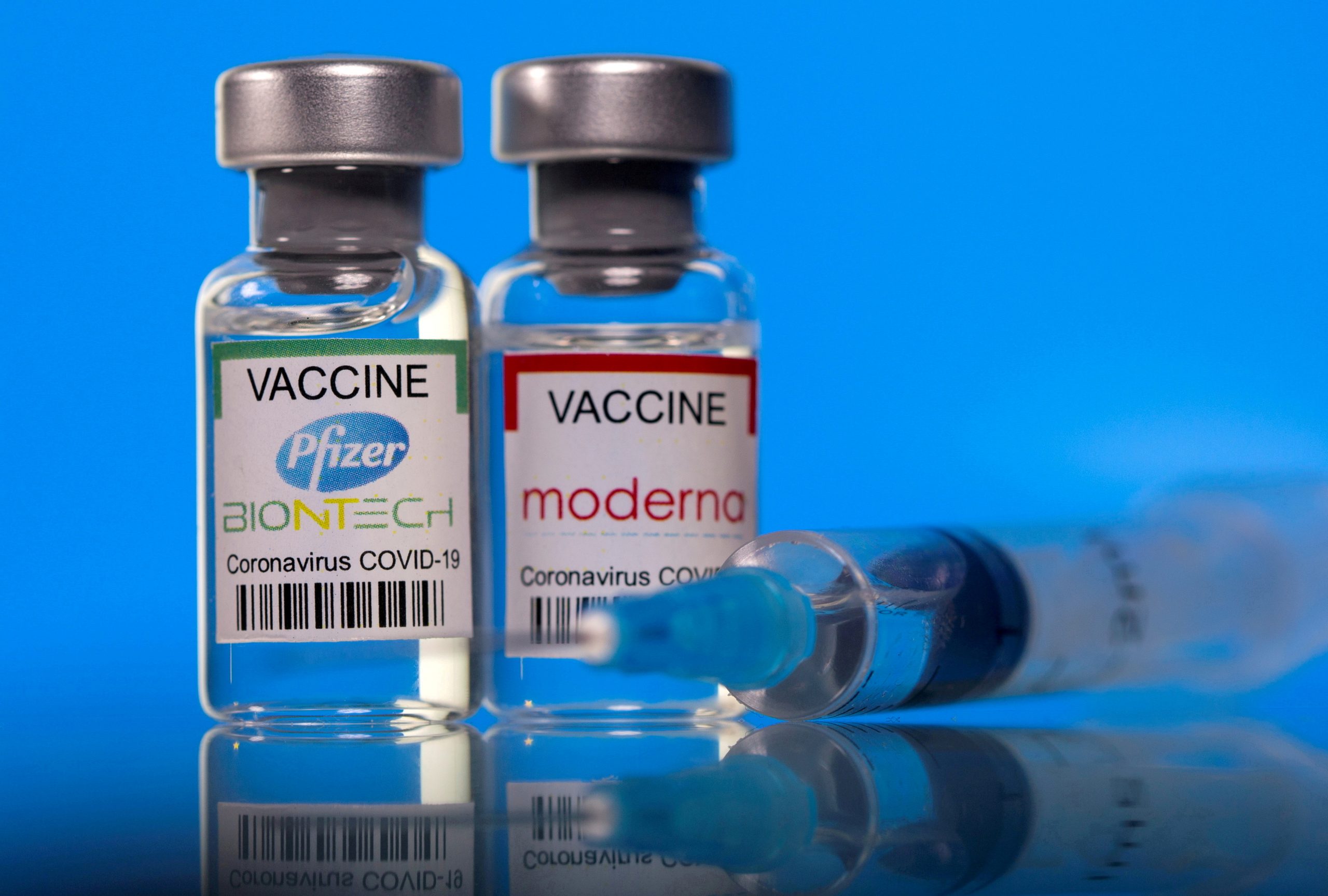The U.S. Food and Drug Administration (FDA) had the opportunity to improve COVID-19 vaccine labeling — but according to a team of medical and public health experts, the agency refused to make the changes.
In an op-ed published last week in The Hill, Peter Doshi, Ph.D., Linda Wastila, Ph.D., and Kim Witczak wrote that the FDA rejected their petition to make changes to FDA-approved labels for the Pfizer and Moderna COVID-19 vaccines, even though the labels, they said, are “obsolete, misleading and out of touch with regulators elsewhere.”
The trio were among a team of nine experts from the Coalition Advocating for Adequately Labeled Medicines (CAALM) who submitted a citizen petition to the FDA on Jan. 31.
The petitioners argued that “Incomplete, inaccurate, or misleading labeling of any medical product can negatively impact the health and safety of Americans, with global ramifications considering the international importance of FDA decisions.”
READ ALSO: We’re the dirty secret nobody wants to talk about, says man injured by COVID vaccine
However, in a 33-page response letter delivered on April 18, the FDA “denied almost every single request” except for one.
Two of the petitioners who spoke with The Defender said they were “astounded” by the FDA’s response, which they characterized as an example of “masterful doublespeak.”
“In a nutshell, my response to the FDA: astounded,” said Wastila. “The lack of due consideration of our requests, coupled with the language, which was circular, condescending, contradictory and confusing. We are still parsing out their masterful doublespeak.”
Referencing the FDA’s claims that vaccines do not need to prevent transmission or illness, Wastila, professor and chair in geriatric pharmacotherapy at the University Of Maryland School Of Pharmacy, said:
“FDA, CDC [Centers for Disease Control and Prevention], NIH [National Institutes of Health], the White House and media still aggressively promote these products as preventing infection and transmission.
“The majority of Americans believe that they are receiving a product that prevents infection and transmission. This is the message they trust. So, they go out and get vaccinated and boosted to protect grandma, to travel safely, to get back to normal. To do the right thing.”
Witczak, a drug safety advocate and president of Woody Matters, a nonprofit advocacy group, told The Defender the agency’s response “was laced with hypocrisy and dismissive statements towards safety issues raised in petition,” but “shined a light into how the FDA leadership views safety and efficacy of the mRNA COVID vaccines.”
READ ALSO: New York to end COVID vaccine mandate for health workers
She also cited the timing of the FDA’s response, which came on the same day the original COVID-19 vaccines were replaced by the bivalent vaccines under the FDA’s Emergency Use Authorization (EUA). She said:
“I find it interesting we received the response on the same day the FDA rescinded the BLA [Biologics License Application] of the monovalent COVID products from Pfizer and Moderna. Now technically the only products available are the EUA bivalent products.
In the FDA’s response, Peter Marks, M.D., Ph.D., director of the FDA’s Center for Biologics Evaluation and Research, said the agency had “carefully reviewed the Petition” and decided to grant “one of your requests, related to revisions to the labeling for one vaccine to describe updated clinical trial data regarding the vaccine.”
The one request the FDA granted was to add the results from the randomized trials of the bivalent COVID-19 boosters to the product labels for these vaccines. However, the FDA agreed to do this only in the case of Pfizer’s vaccine.
Citing public statements by President Joe Biden, Dr. Anthony Fauci, former CDC Director Rochelle Walensky, the FDA, Pfizer and Moderna, the petitioners argued there is a “widespread (but inaccurate) notion that efficacy against infection and transmission have been established by substantial evidence, and that these vaccines contribute to herd immunity.”
The petitioners also noted that “before results were available” from this trial, “the CDC and professional societies … recommended all pregnant women get vaccinated.”
However, the trial itself, originally designed to enroll 4,000 women, “inexplicably stopped” at 349 participants.
The petitioners also referenced studies finding decreased sperm concentration (from the Pfizer COVID-19 vaccine), heavy menstrual bleeding and detection of vaccine mRNA in breast milk.

 Entertainment5 days ago
Entertainment5 days ago
 Health1 week ago
Health1 week ago
 Health4 days ago
Health4 days ago
 Football1 week ago
Football1 week ago
 Football1 week ago
Football1 week ago
 Crime4 days ago
Crime4 days ago
 Crime1 week ago
Crime1 week ago
 Education6 days ago
Education6 days ago

